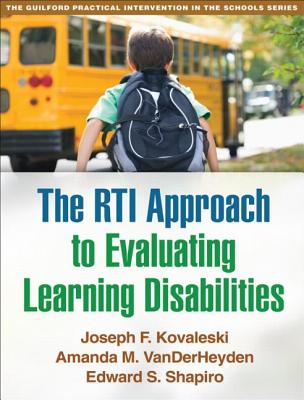
This is a concise, engaging overview of forensic psychology, spanning its origins as a discipline through the many varied opportunities for employment today. In easy-to-understand language, the book describes federal and state legal systems as they interface with psychological constructs, and presents several chapters focusing on specific areas of the discipline, from criminal matters and ethical issues to family court and juvenile justice. The roles of the forensic psychologist and attorney in court proceedings are addressed and clarified, and landmark cases are highlighted to demonstrate key concepts and how forensic psychologists can influence the law.
The book provides a legal foundation that forensic psychologists need to succeed in the profession and highlights the methodological and assessment tools needed to evaluate clients and other individuals. Fascinating case studies--presented as "briefs" to highlight important facts and issues--and commentary by nationally renowned forensic psychologists and attorneys bring concepts to life, and call-out boxes are interspersed throughout describing relevant current events and profiling day-to-day work in the field. Chapter overviews, summaries, and discussion questions reinforce the book's content.
Key Features:
- Delivers a realistic overview of what it is like to be a forensic psychologist
- Helps students to make informed career choices by highlighting different areas of practice
- Introduces students to key legal information they need to succeed in the field
- Highlights the methodological and assessment tools to evaluate clients and validate scientific credibility of the field
- Describes actual case rulings to demonstrate key concepts and how forensic psychologists influence the law
- Authored by an individual who is an attorney, a former law school professor, and a current PhD associate professor of forensic psychology







